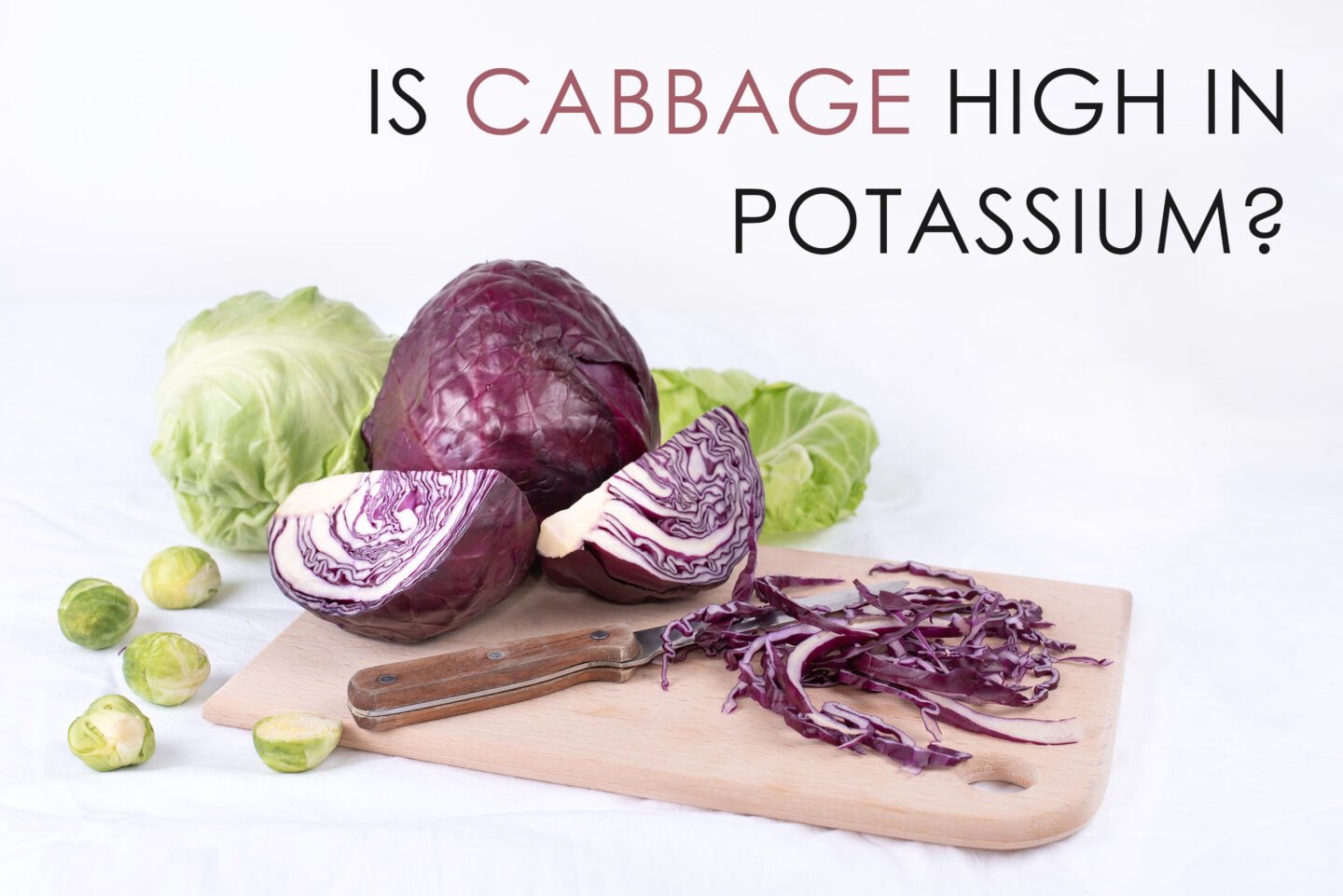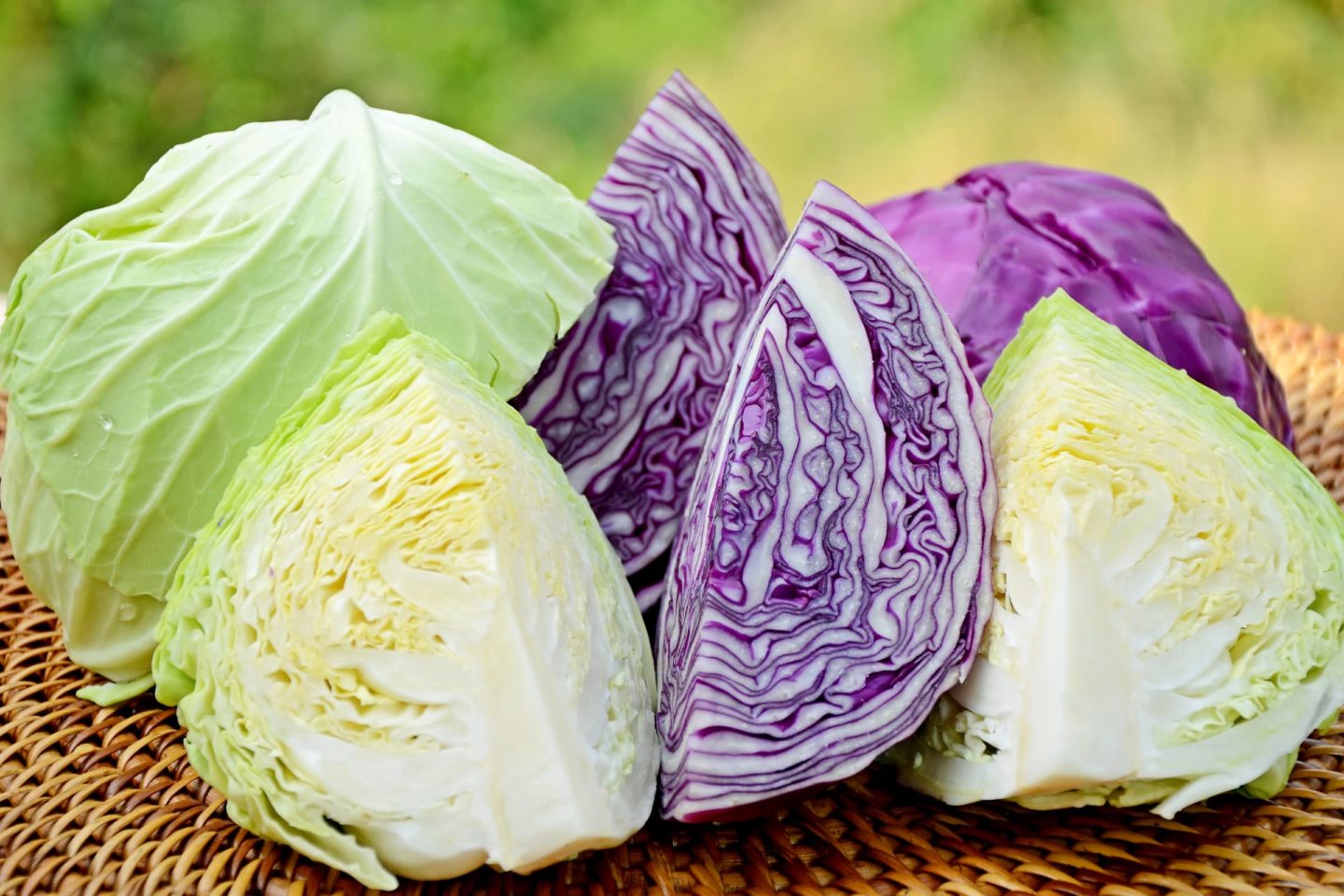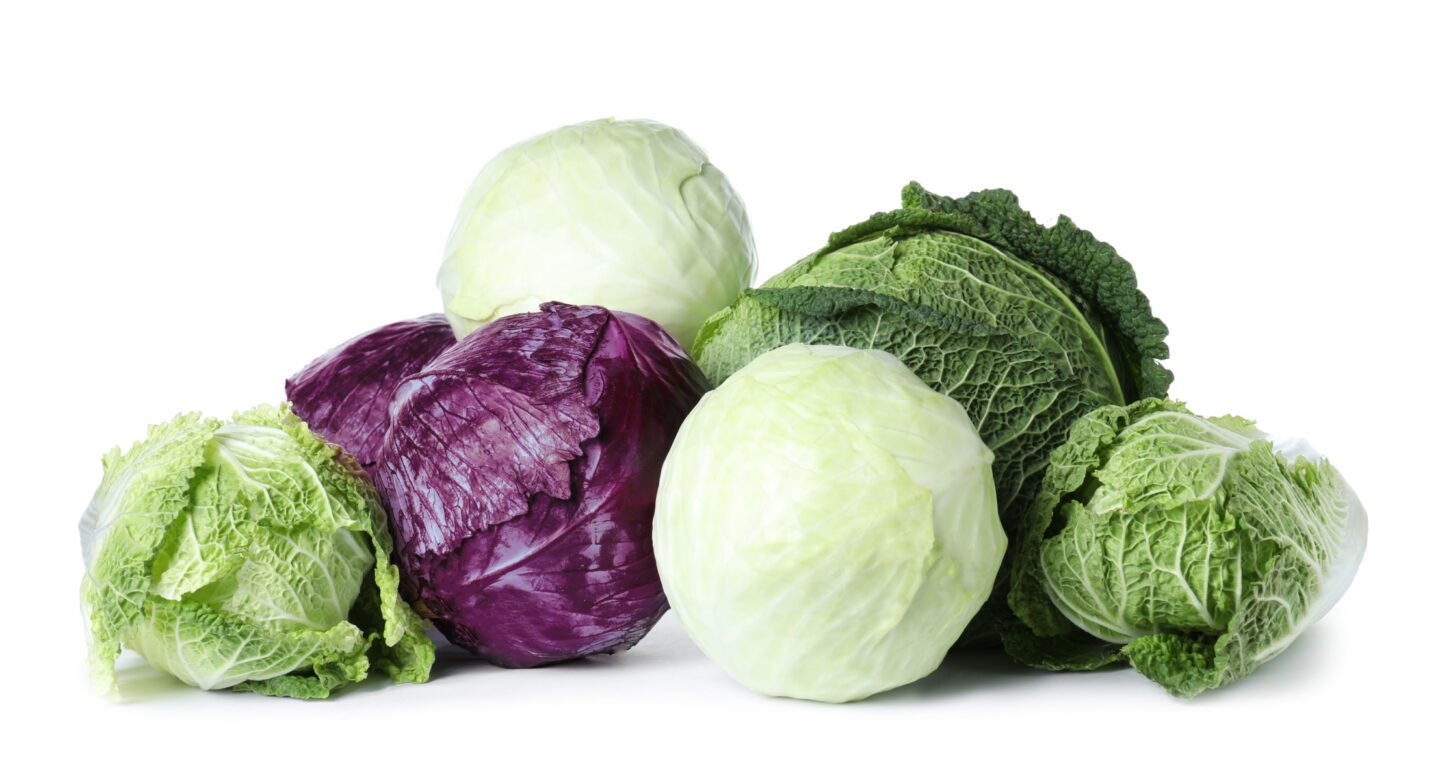Potassium occurs naturally in many foods and is essential for many bodily functions. It helps regulate the heartbeat, supports muscle and nerve function, and maintains intracellular fluid levels.

Everyone needs some potassium in their diet; however, people suffering from kidney disease may need to limit their intake, as their kidneys struggle to remove excess. People on such a diet must know the potassium content of common foods and ensure they stay within a daily limit recommended by their doctor.
How well does cabbage fit into a low-potassium diet?
Table of Contents
Is Cabbage High or Low in Potassium?
Cabbage is low in potassium, as it contains 170 mg of potassium per 100 grams, which is less than the 200 mg per serving threshold for low-potassium foods.
It's also highly nutritious and an excellent addition to any healthy diet.
How Much Potassium Does Cabbage Contain?

Half a cup of cooked cabbage contains around 150mg of potassium, so it's safe for most on a low-potassium diet.
Don't know which foods are high in potassium? Read our article, 15 Best Food Sources of Potassium. We also have a guide to this important mineral: Potassium 101: All You Need To Know About Potassium.
However, how you prepare cabbage can affect its potassium content, so if you're potassium sensitivity is severe, be careful to stay within the daily limit recommended by your doctor.
Is Cabbage Healthy?
Half a cup of cooked cabbage contains about 17 calories, mostly from carbohydrates, including fiber. Fiber feeds good gut bacteria and keeps you feeling full longer after eating.
Cabbage contains over 100% of the recommended daily intake of vitamin K, which supports protein metabolism and aids with blood clotting.
Vitamin K is fat-soluble, so eat cabbage with healthy fats like olive oil, avocado, or fish.
Cabbage is also high in vitamin C, which boosts your immune system and is crucial for growing and repairing skin cells and tissues. It also protects bones, cartilage, and teeth.
Vitamin C is a potent antioxidant and water-soluble, so getting some daily is essential.
Research suggests consuming cabbage may lower bad cholesterol levels, reducing your risk of heart attack or stroke. Cabbage may also lower blood pressure by balancing your potassium and sodium levels.
Is Raw Cabbage Lower in Potassium Than Cooked?

Raw cabbage contains around half the potassium of cooked, with half a cup containing 75mg.
If you want to lose weight, adding raw cabbage to your diet may help, as raw vegetables require more energy to be digested. You can also drink cabbage juice for improved gut health.
Is Sauerkraut Lower in Potassium Than Cooked Cabbage?
Sauerkraut is fermented cabbage, and it's rich in vitamins and minerals, including potassium, with half a cup containing around 120mg.
Sauerkraut contains a lot of probiotics that feed good gut bacteria and reduce inflammation.
Can You Get Too Much Potassium from Cabbage?
It would be almost impossible to get too much potassium purely by eating cabbage. However, it contains some, so consider your overall intake and stay within that recommended by your doctor.
Cabbage is low in potassium but highly nutritious, so it's an excellent addition to a healthy, balanced diet.
